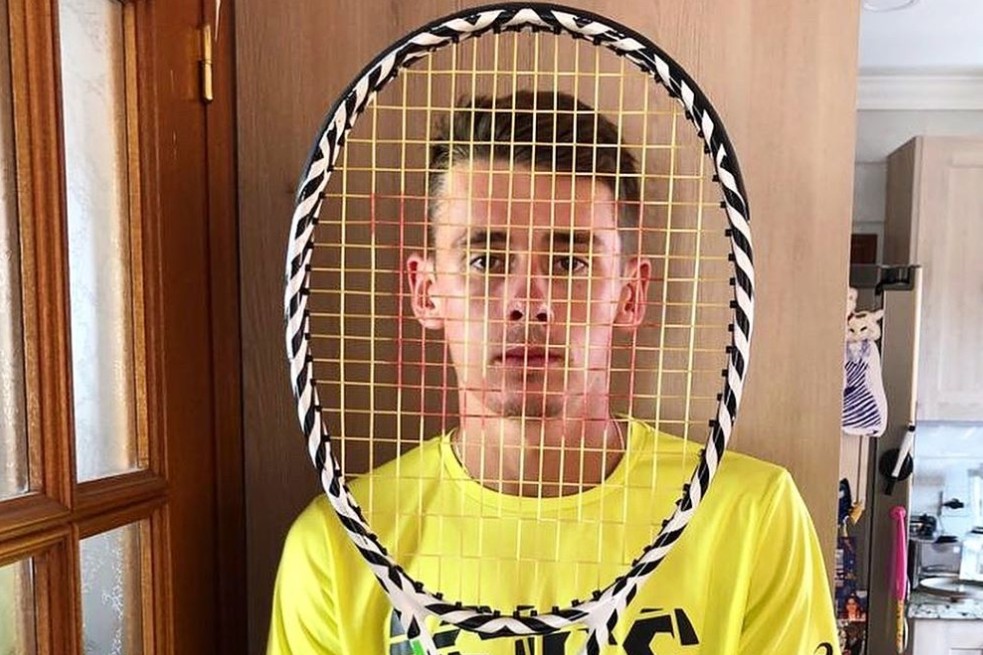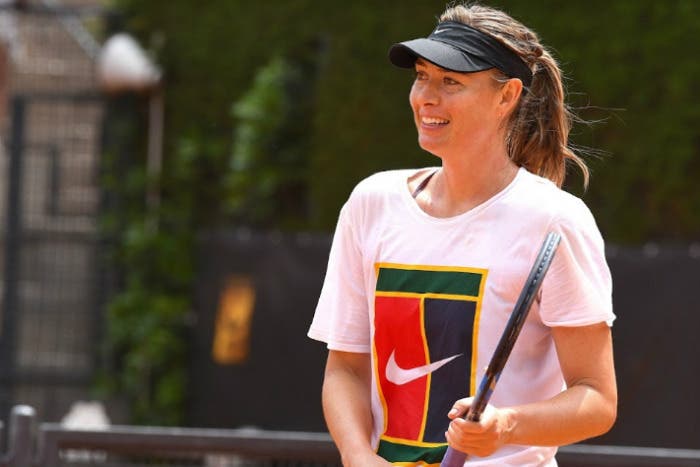Flash
De Minaur: “Vedere uno psicologo, la miglior scelta che ho fatto”
Il giovane australiano racconta le sue difficoltà nel non deludere le aspettative sue e degli altri dopo il rientro dall’infortunio. Un aiuto professionale lo ha rimesso in sesto

L’account di Instagram “Behind the Racquet”, creato da Noah Rubin, è nato con l’idea di riservare uno spazio privilegiato ai tennisti di tutto il mondo per poter esprimere e sfogare le proprie ansie e frustrazioni oppure anche solo comunicare con gioia di essere riusciti a superare queste difficoltà. In molti hanno già approfittato di questa opportunità, da Andrey Rublev a Petra Kvitova allo stesso Rubin. Di recente è stato il giovane australiano Alex De Minaur a raccontare la sua esperienza e come sia difficile sopportare il peso delle aspettative, proprie e degli altri.
“Ho dovuto stare un po’ in disparte durante il mio infortunio. Mi aspettavo di tornare allo stesso livello, ma ho finito per non vincere un match per un bel po’. Allora inizi a dubitare di tutto e a chiederti:”Cavolo, cosa ci faccio qui? Perché sto viaggiando?” Sembra che non ci siano aspetti positivi. Sei in viaggio, lontano da casa, e inizi a vedere solo i lati negativi. Ci vuole uno sforzo maggiore per tornare ad avere un atteggiamento positivo in vista del torneo successivo, finché non perdi di nuovo al primo turno e allora il prezzo da pagare è ancora più grande. Al Queens’ quest’anno, dopo aver perso il mio match, non sono uscito dalla mia stanza per un giorno. Ho finito alle 16 circa, sono andato da Tesco (una catena di supermercati, ndr) e ho comprato cinque pacchetti di caramelle, cioccolata e una Coca. Non ho parlato con nessuno fino a mezzogiorno del giorno dopo. A questo punto capisci che ti trovi in un cattivo stato mentale. La cosa più importante che ho realizzato è che tutto quello che succede, dentro e fuori dal campo, influenza tantissimo il gioco. Ho capito che dovevo affrontare i miei problemi fuori dal campo per poter essere davvero in grado di concentrarmi solo sul tennis. Il tennis è una battaglia a parte. La mole di cose da preparare prima delle partite è incredibile, anche quando si è in un buono stato mentale. Parlavo con il mio psicologo circa una volta al mese. Ho avuto una stagione incredibile l’anno scorso. Mi ha fatto sedere per dirmi che i miei pensieri mi avrebbero portato nuovi motivi di stress. Mi ha detto che il lavoro che stavamo facendo non era sufficiente. Dovevamo lavorare di più perché quello che stava venendo fuori era più tosto di quello che si potesse immaginare. Le aspettative che si porta dietro il dover replicare una grande stagione mi hanno procurato molte difficoltà. Adesso parlo con lui quasi ogni giorno al telefono. Tendo ad avere alte aspettative nei miei confronti e se non le rispetto, divento molto scontento di me stesso. Per me si è trattato di anticipare i miei problemi. Ho provato a imbottigliare molte diverse emozioni. Non ce la faccio più. La cosa migliore che mi è capitata è stata vedere uno psicologo. Sono solo emozionato di tornare in un posto che non ritrovavo da un po’. Felicità.”




























